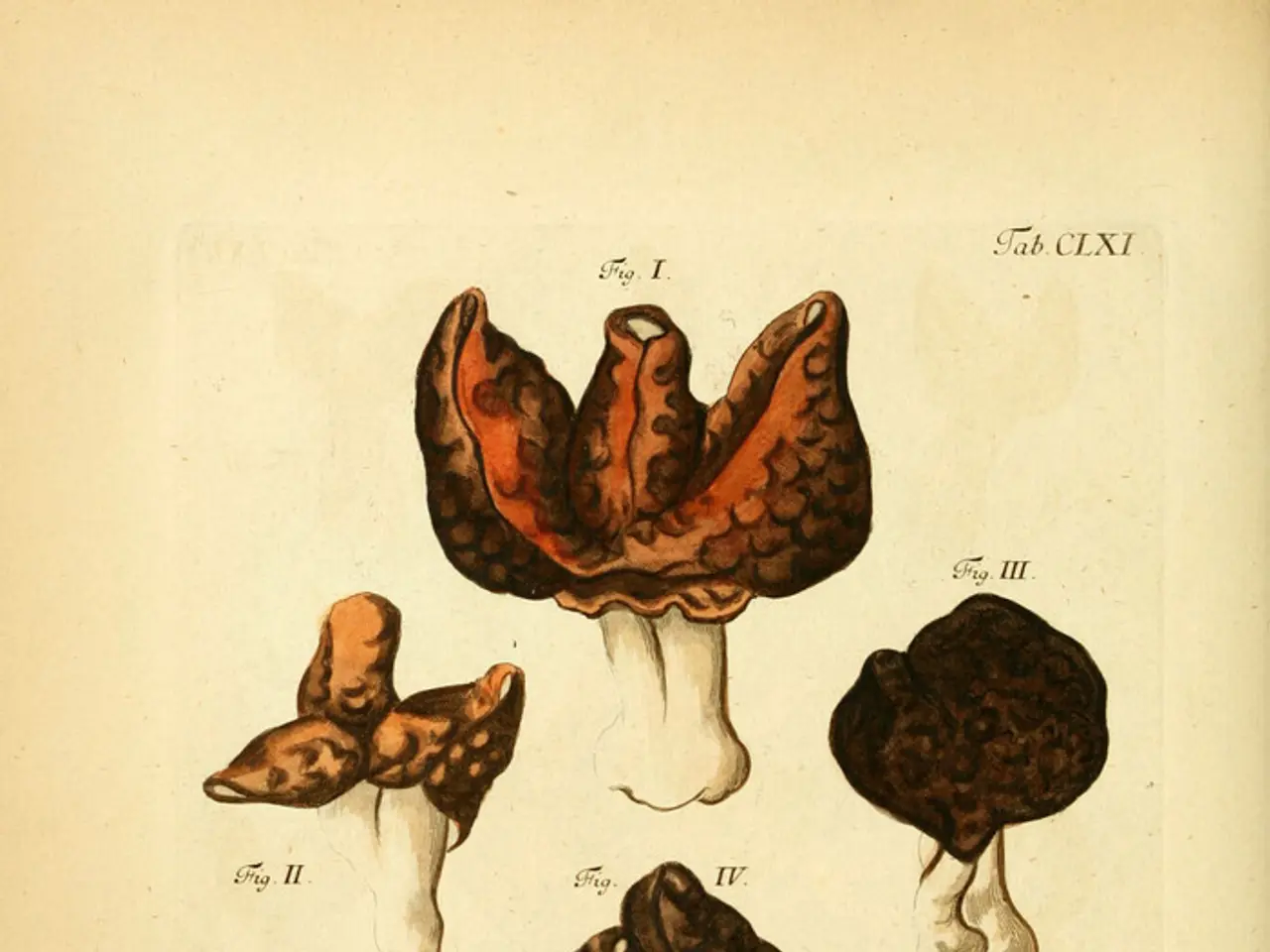Medical professionals issue alerts over heightened hepatitis cases in Yakutia and across Russia
In Yakutia and across Russia, viral hepatitis remains a significant health concern, with approximately 25% of the population affected. The primary causes of viral hepatitis in the region are the hepatitis B virus (HBV) and hepatitis C virus (HCV), with hepatitis A and D also present but less common.
The national project "Healthy Longevity" aims to significantly reduce the incidence of hepatitis C by 2030. To achieve this goal, modern treatment methods are aligning with global standards. For HBV, nucleos(t)ide analogues are used, while direct-acting antivirals (DAAs) are employed for HCV, achieving high cure rates.
However, the prevalence of chronic hepatitis B and C infections in Russia remains significant, attributable to factors such as healthcare access disparities and transmission risks. Yakutia, being a remote northern region, tends to have particular challenges with healthcare delivery, which may affect hepatitis epidemiology and treatment access.
Screening is recommended for high-risk populations, such as intravenous drug users, people with multiple sexual partners, healthcare workers, and pregnant women. National programs emphasize early detection through serological tests (HBsAg, anti-HCV antibodies) and confirmatory molecular testing (HBV DNA, HCV RNA).
A hepatitis prevention week is currently taking place in Yakutia from July 28 to August 1. During this week, a doctor has urged the public to undergo annual screening for early liver disease detection, avoid risky blood contacts, use protection during sexual contact, and get vaccinated against hepatitis A and B.
Apart from viral hepatitis, fatty liver disease poses a significant threat to the liver. To prevent fatty liver disease, a healthy diet, particularly diet No. 5 when indicated, is recommended. A sedentary lifestyle, alcohol consumption, high-calorie diets, and high-glycemic drinks contribute to the development of fatty liver disease.
The Yakutsk Republican Center for the Prevention and Control of AIDS and Infectious Diseases provides specialized assistance, including testing and antiviral therapy, for patients with hepatitis C and D within the framework of compulsory health insurance. Hepatitis D (delta) is considered the most aggressive, quickly leading to cirrhosis or liver cancer.
Modern treatment methods for chronic hepatitis C have been announced, with new oral medications eliminating the virus in just a few months (2-3 months) with an effectiveness of 97-99%. Treatment for hepatitis B and D requires longer medication use or injections under constant medical supervision.
For those concerned about their liver health, it is essential to follow the doctor's recommendations. These include undergoing annual screening, avoiding risky blood contacts, using protection during sexual contact, and getting vaccinated against hepatitis A and B. Official sources like the Russian Ministry of Health or WHO hepatitis reports could provide detailed and up-to-date statistics, treatment protocols, and screening guidelines for viral hepatitis in Yakutia and Russia.
- The national project "Healthy Longevity" proposes to diminish hepatitis C cases by 2030 by adopting modern treatment methods that align with global standards, using direct-acting antivirals (DAAs) for HCV and nucleos(t)ide analogues for HBV.
- Modern treatment methods for chronic hepatitis C have shown promising results, with new oral medications capable of eliminating the virus in a few months (2-3 months) with an effectiveness of 97-99%.
- For overall health and wellness, maintaining fitness and exercise, following a balanced nutrition plan, particularly diet No. 5 when indicated, and avoiding risky blood contacts are essential for liver health and preventing diseases like fatty liver disease.




